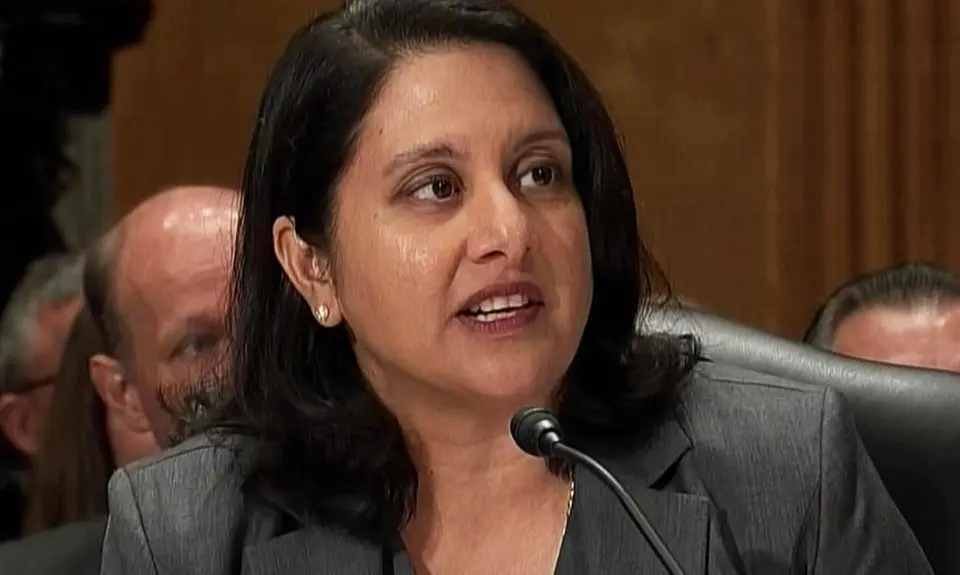“Confirmed Judges, Confirmed Fears” is a blog series documenting the harmful impact of President Trump’s judges on Americans’ rights and liberties. Cases in the series can be found by issue and by judge at this link.
Trump DC Circuit judge Neomi Rao cast the deciding vote to uphold a lower court’s dismissal of all but one of the race discriminations claims by an African American Justice Department employee. He contended he was improperly passed over for promotion and wanted to obtain discovery to help prove his claims. The July 2020 decision was Jeffries v. Barr.
Timothy Jeffries is an African American man who has worked in the Department of Justice’s (DOJ’s) Office of Justice Programs (OJP) for more than a decade. He was denied promotions on seven occasions, filed charges with the Equal Employment Opportunity Commission (EEOC), and then filed suit in court under Title VII. His complaint noted that at the time he sought the promotions, leadership in the relevant offices “consisted almost entirely of Caucasians.”
Before any discovery could take place, DOJ moved for summary judgment against Jeffries. DOJ claimed there was no genuine dispute as to any material facts based on documents from the EEOC proceedings, but Jeffries sought discovery on each of the non-selections, contending that the facts developed would show that DOJ’s alleged reasons for its actions were “pretext” and that the “true reasons” for DOJ’s actions were “discrimination and/or retaliation.” The district court denied Jeffries’ request and granted summary judgment to DOJ, and Jeffries appealed.
All three judges agreed that the district court should have allowed discovery on the first non-selection, as to which OJP had issued a letter stating that Jeffries should receive “priority consideration.” But in a 2-1 decision in which Rao was the deciding vote, the DC Circuit upheld the lower court on all six of the remaining instances of non-selection, claiming that the decision not to allow discovery was not an “abuse of discretion.”
Judge Patricia Millett dissented. Since the court had recognized Jeffries’ right to discovery as to his first denial of promotion, she explained, “we should have remanded the whole case” and there was “no basis to draw the line where the majority does.” If discovery indicated that there was a “discriminatory or retaliatory motive” with respect to the first promotion decision, she went on, that could well have “some bearing on later denials of promotion in the same office.” Concerning those later promotion denials, Millett pointed out, Jeffries “seeks to collect the very types of evidence that we have previously held probative of pretext.” Millett concluded that the majority had no good reason to “cut off Jeffries’s discovery rights piecemeal on closely similar claims.”
While Jeffries will have the opportunity to prove racial discrimination or retaliation with respect to DOJ’s first denial of promotion to him, as a result of Rao’s deciding vote, he will not even be able to obtain discovery and try to prove his contention of improper conduct on six more “closely similar claims.”
